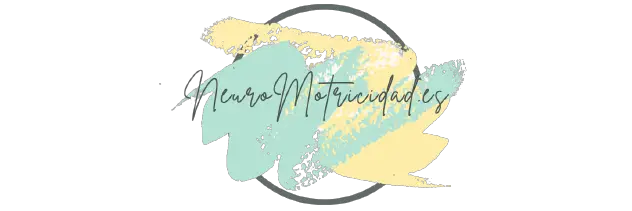Infinite possibilities. NLP for work, psychotherapy and
NLP or NeuroLinguistic Programming is a mental technique based on human behavior and communication processes. It was developed in the United States of America by the linguist John Grinder, and by Richard Bandler, mathematician and psychotherapist. Its success -especially in the business and professional environment- is due to the astonishing results it has achieved in the field of NLP.
NLP or NeuroLinguistic Programming is a mental technique on human behavior and based on communication processes. It was developed in the United States of America by the linguist John Grinder, and by Richard Bandler, mathematician and psychotherapist. Its success -especially in the business and professional environment- is due to the amazing results in the modification of habits and behaviors, especially with regard to personal relationships. For this reason NLP has achieved enormous prestige as THE SCIENCE OF PERSONAL EXCELLENCE. In this book, Dr. Harry Alder offers a program in which the reader will experience a change in their patterns of thought and behavior that will lead to success and the achievement of their goals both personal and professional in the fields of: -Sales and negotiations, -Public speaking, -Creativity, -Memory and mental agility, -Communication skills.
What is Neurolinguistic Programming I (NLP)?
We are oriented to guide you to take the ultimate command of your life, learn to control your emotions, get healthy finances and achieve professional development in what you really want to do, focusing on happiness to meet all the goals you want to achieve in your life.
We will send to your email content of your interest and exclusive promotions. You will also be able to access right now to our ebooks “How to defeat the impossible with the help of NLP” and “3 Steps to tune in our emotions”.
“Thank you for your attention and collaboration this time we had the fortune to meet her and experience different moments, know another way to dominate our mind, to me personally gave me a tool to combat my fears, thank you very much.”
“First of all I want to thank you for everything transmitted throughout this module, I really learned wonderful things, among them to accept what I can not change. Once again thank you very much, and looking forward to stumble again and again with people like you, enriching.”
Neurolinguistic programming well explained video
In some shamanic societies, when a person comes to a shaman with any of the symptoms of what we have called depression, the shaman begins the healing process by asking a question: When did you stop dancing?
NLP starts from a series of presuppositions whose importance is not based on their certainty or falsity but exclusively on their usefulness. One of these NLP assumptions is that reality (the territory) is different from my experience of reality (the map).
A practical application that Robert, a handball coach, made of his learning of the Practitioner and NLP Master techniques on his way to excellence in order to achieve a gold medal.
Learn what is neuro-linguistic programming (NLP).
NLP trained coaches from the Tad James Co. school, work with the following assumptions when they are in the process of coaching or guiding you or rather when they are in the process of helping you out of your problematic state while guiding you to a total solution.
Generalization is when we draw conclusions based on one or more experiences. Generalization is one of the ways we learn. We take information and create a broad conclusion about the meaning of this information. To agree and learn about any new topic, we need a generalization.
Our conscious mind can only handle 7 (plus or minus 2) items of information at any given time. Try this: Can you name more than 7 brands of cigarettes? How about laundry detergents? If you have no interest in cigarettes, you can name 2 or maybe 4 brands.
If you are interested in cigarettes, you can name more than 7 brands. The reason for this is to protect us from information overload. Out of necessity and for protection, we delete information all the time. You may have heard psychologists say that if we were simultaneously aware of all the sensory information coming in, we would go crazy. We need to filter the information coming in through our sensory channels.

